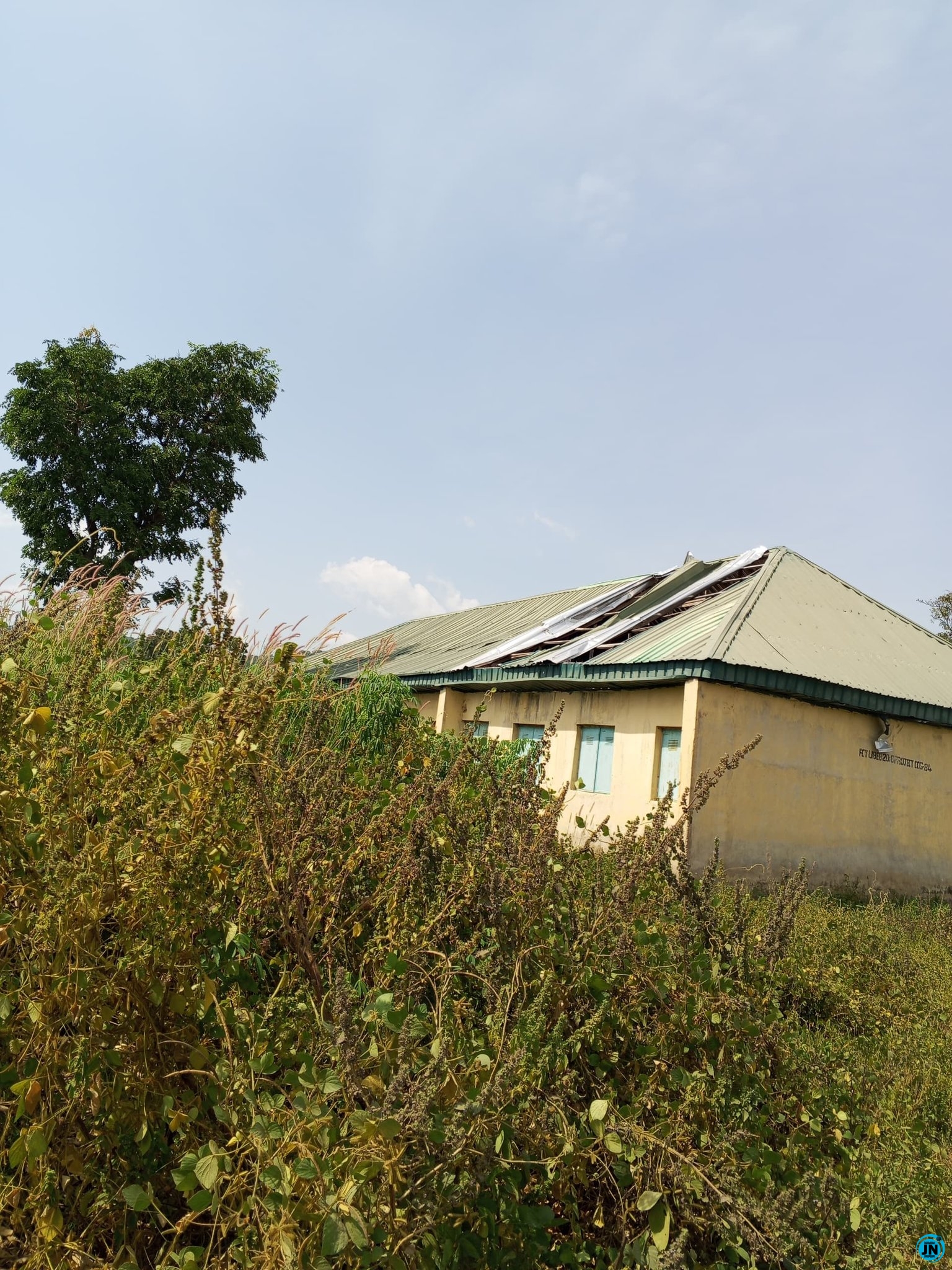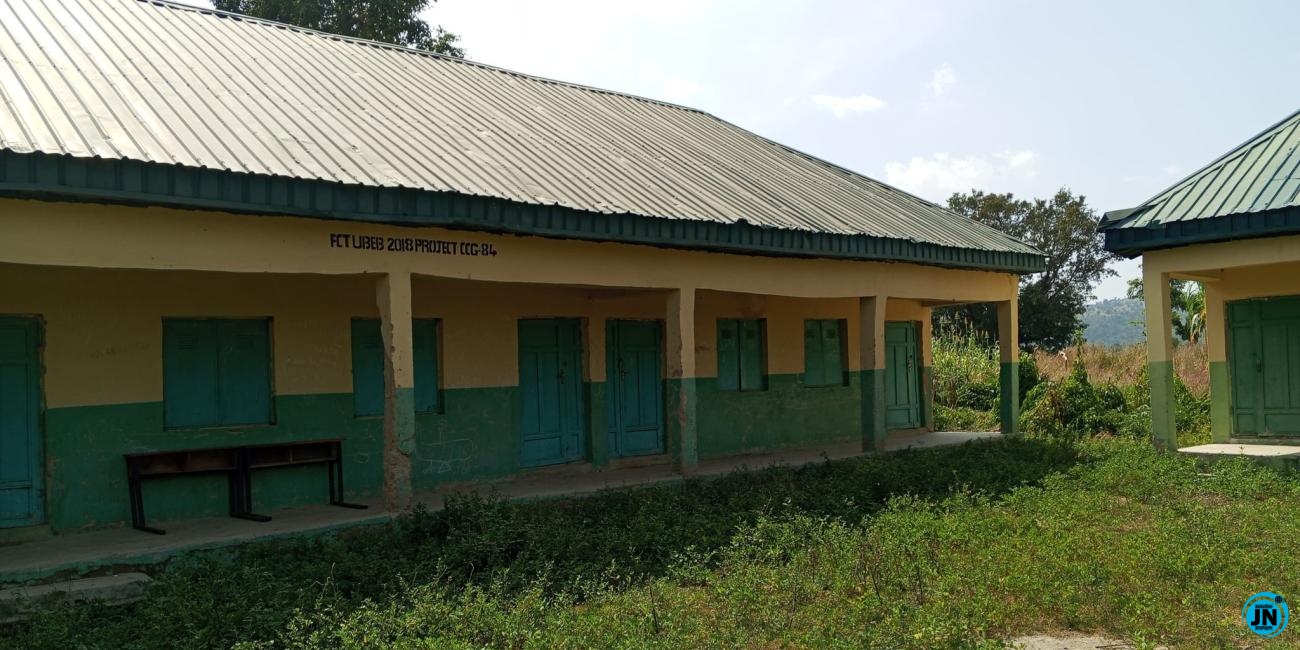A newly completed public primary school in Abuja’s Abaji Area Council has become a virtual ghost town, leaving over a hundred children without access to formal education. Despite being fully constructed and equipped for learning, the school has been largely abandoned by teaching staff, according to a recent report from the Monitoring and Implementation Team Nigeria (MonITNG). The organisation described the situation as “heartbreaking” and a glaring indicator of governance failure in the area.
Pupils Left Idle as Teachers Abandon School
MonITNG’s field visit to LEA Primary School, Dumi, in Gawu Ward, revealed that teaching activities have completely collapsed. The school, which was once populated by more than 113 pupils, is now largely inactive. Teachers reportedly attend classes sporadically, often showing up “once a week, staying for barely an hour, and then disappearing again for weeks or even months.” This absenteeism has caused students to stop attending lessons, classrooms remain locked, and the school grounds have become overgrown with weeds. Additionally, parts of the school building are beginning to deteriorate due to neglect.

MonITNG stated, “What should have been a centre of learning and hope now stands as a symbol of neglect and government failure.” The organisation emphasised that the situation not only wastes public funds but also violates children’s constitutional right to education, leaving them at a significant disadvantage compared to their peers in better-supervised schools.
Parents Seek Alternatives Amid Neglect
Following the abandonment of the school, several parents have opted to withdraw their children and enrol them in schools in neighbouring communities. Those who can afford it have turned to private schools, while families unable to pay fees have left their children at home, effectively denying them education. MonITNG highlighted that this scenario reflects a broader systemic problem affecting rural education, including weak supervision, poor teacher accountability, and lack of government oversight.

Calls for Urgent Action from Authorities
MonITNG has called on the Minister of the Federal Capital Territory, Nyesom Wike, and Senator Ireti Kingibe to intervene urgently and ensure that the FCT Universal Basic Education Board (UBEB) restores teaching and learning at LEA Primary School, Dumi. The organisation urged immediate measures to bring teachers back to their posts, rehabilitate the school environment, and establish robust monitoring systems to prevent similar neglect in other schools.
“The children of Dumi deserve better. Education is not a privilege; it is their right. Government must act now to restore learning and hope to this forgotten community,” MonITNG stressed.
Symbol of a Wider Rural Education Crisis
LEA Primary School, Dumi, was constructed under the FCT Universal Basic Education Board with the goal of providing accessible, quality education to children in Gawu Ward and nearby settlements. It was intended to save pupils from walking long distances to attend other schools. Despite its completion and initial enrolment of over 113 students, poor supervision and absenteeism among teachers have rendered the facility inactive.
Education observers have pointed out that the situation in Dumi is not isolated. Many rural communities across Nigeria continue to experience similar neglect, where public schools, though built, remain abandoned or underutilised due to weak management and oversight. Advocates have called on the Federal and State authorities to strengthen accountability and monitoring frameworks within the Universal Basic Education system to ensure that public schools serve their intended purpose of delivering education to every child.
MonITNG concluded that unless urgent reforms and interventions are implemented, the abandonment of schools like LEA Primary School, Dumi, will continue to deprive children of their right to education and widen educational inequality across rural Nigeria.